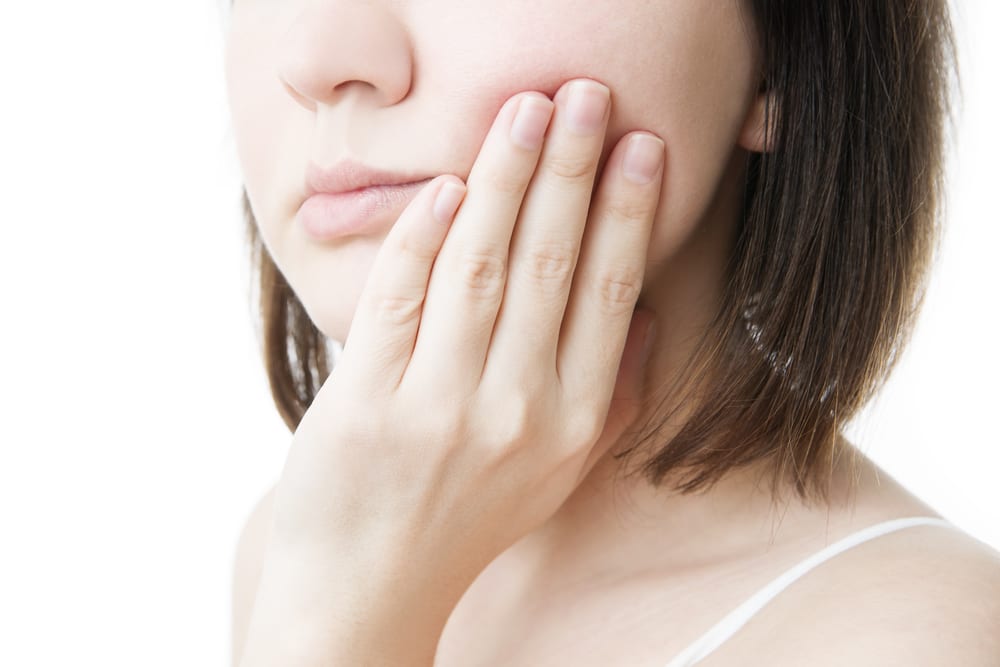Tooth pain can sometimes pop up out of nowhere. Maybe you were halfway through lunch when you bit down and felt shooting pain, or maybe a dull ache has been lingering for a couple days or weeks. When a tooth starts hurting, it’s normal to wonder what’s behind the pain.
Don’t postpone a dental visit to address your toothache; schedule an appointment at Quality Dentistry at Walnut Pond. Dr. Ferris-Zeolla or Dr. Uryniak offer both restorative and cosmetic dental services. They can diagnose and treat all kinds of dental pain. Schedule your dental appointment now by calling us 908-200-7007.
Drs. Ferris-Zeolla or Uryniak will provide a full examination, using imaging and diagnostic tests to determine the cause of your pain. It is not uncommon for one of these five issues to be the root of oral discomfort:
Cavity or Tooth Decay
Tooth decay develops when bacteria eat dental tissue. This decaying process will weaken a tooth and cause a cavity, which is a hole in the enamel, and sometimes deep into the dentin or core, of a tooth. People often feel pain or sensitivity with a cavity, as the delicate dentin and pulp of the tooth becomes more vulnerable to temperature changes and pressure.
Sinus Infection or Congestion
It may be surprising, but sinus congestion or infection is sometimes to blame for toothaches. The roots of upper molars extend quite close to sinus cavities. Sinuses become inflamed and congested during a cold, allergy spell, or sinus infection and the swelling can exert pressure on the roots of your molars. In turn, your upper teeth may experience dull, throbbing pain or sensitivity. Symptoms often subside when the congestion or sinus infection clears up. One way to determine if your toothache is coming from sinus pressure: bend over. If the tooth pain worsens, your sinuses may be the cause.
Sensitivity from Whitening or Mouthwash
Frequently using whitening products or mouthwash that contains alcohol can increase sensitivity in teeth. If you experience flashes of pain when consuming hot or cold foods, you could have increased tooth sensitivity. Using a whitening treatment or mouthwash containing alcohol? Try pausing your regimen and opting for an alcohol-free mouthwash to see if your symptoms improve. Our dentists can place a layer of composite bonding or a porcelain veneer over extremely sensitive teeth.
Tooth Infection
Dental pulp, or soft tissues in the center of a tooth, can become infected when exposed to outside bacteria. Oral bacteria may enter through an opening in the tooth, like a cavity or crack, or through infected gum tissues. The type of pain varies. Some people experience a dull, throbbing sensation in a tooth or radiating pain in the jaw and head. Others report sharp pain when chewing or biting down, as well as tender lymph nodes in the jaw or neck.
Cracked Tooth
Sometimes biting down on a popcorn kernel the wrong way is all it takes to cause a razor-thin crack in a tooth. While it may seem small, cracks in tooth enamel weaken the tooth and leave the sensitive dentin less protected. A crack also allows harmful bacteria to invade, potentially causing a tooth infection. Pain with cracked teeth can change frequently. It may feel sharp when you chew, or extremely sensitive when eating hot or cold foods.
Always discuss your specific tooth pain symptoms with Dr. Ferris-Zeolla or Dr. Uryniak, to help them quickly diagnose and treat your tooth. By acting early, when you first experience tooth pain, you may avoid severe pain and more invasive procedures. Don’t wait around on your toothache; call Quality Dentistry at Walnut Pond now to schedule an appointment!







